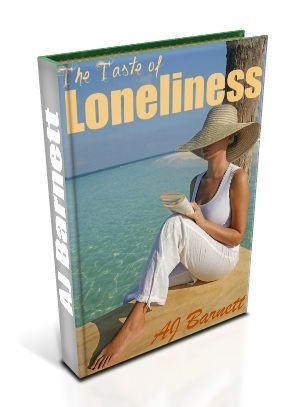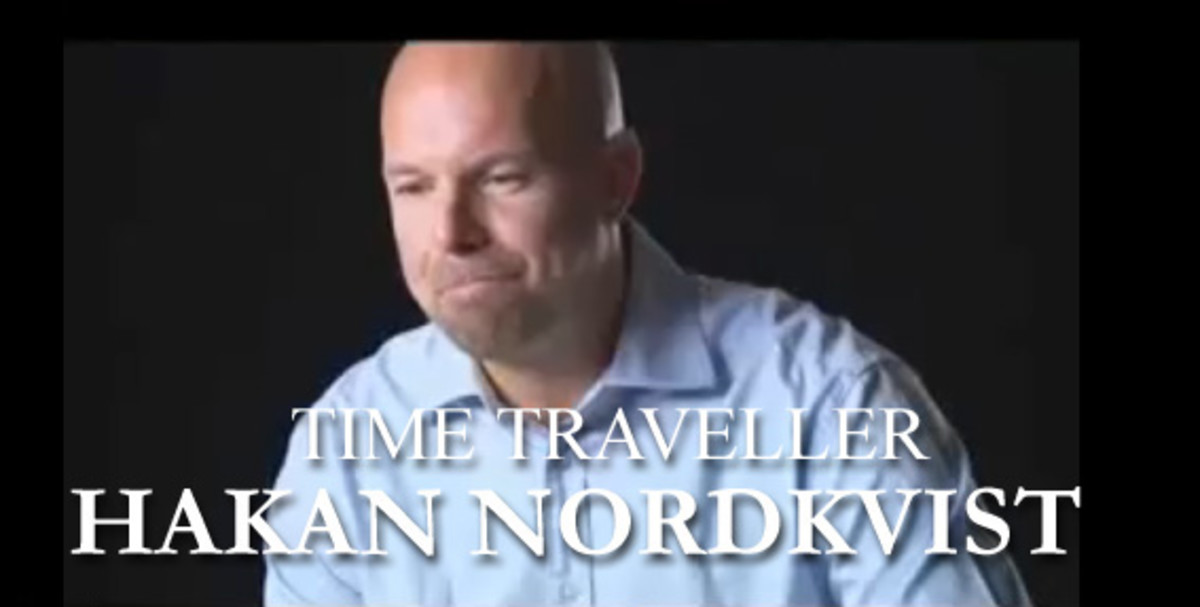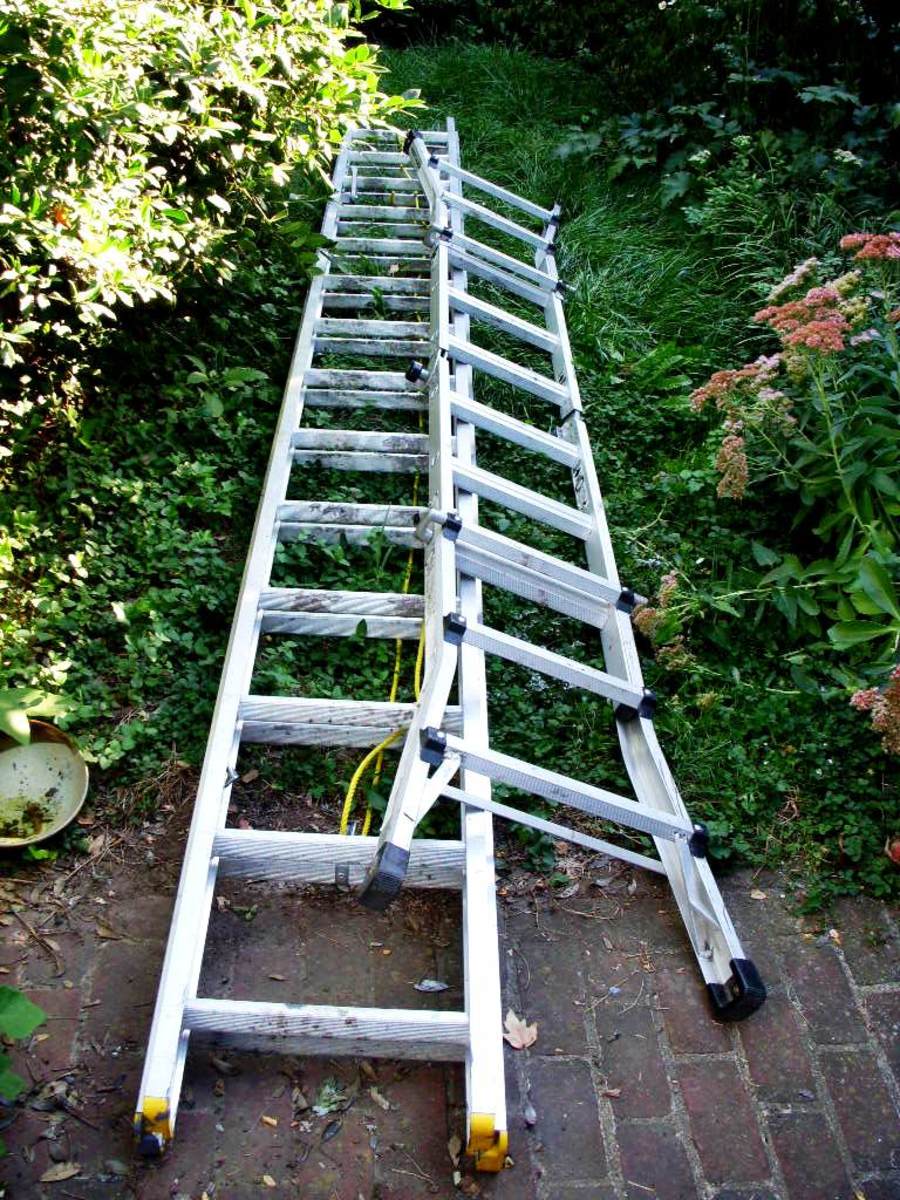20 Top Tips for Editing that Novel
Kindle book -

Books from AJ on Amazon Kindle
- Short Moments
- Yesterday
- The Taste of Loneliness
- Brief Impressions
- Just About Write
- Without Reproach
- Betrayed
About the author
- AJ's short stories have been published since 1994 in magazines, summer specials and international competitions broadcast on radio and recorded for audio books.
Kindle Romance - $0.99

- Ellie Jones on Facebook
Follow Ellie Jones and see all her books on Facebook
Good novels aren't written, they are rewritten
"The business of the novelist is not to chronicle great events, but to make small ones more interesting."
- Arthur Schopenhauer.
Good books aren't written, they are edited
To write a story can bring tremendous satisfaction, it can bring pleasure and a certain freedom of mind .... but it requires skill to be successful.
Writing skills can be taught. The mastery of it isn’t simple, the skills involve a thorough grounding, dedication, and commitment – yet if it were simple, everyone would be successful and where would the pleasure be then?
I have to admit that when I'm in the process of trying to write a story it sometimes hacks me off. I like to have written, but not always to actually write. I like to have a finished story in my hands, but writing it is sometimes painful.
When you set out your store to write a story, be it a Horror Story or a thriller, it isn't like writing an article or a review, story writing is a different beast altogether. For most of us, the intial rush of words and ideas that come with a new story are ephemeral. They need to be written down before they disappear because no matter what we think, disappear they will.
How To Edit a Novel - record that transient idea
In the initial stage, it's most important to get your story down, and get it down fast - but that doesn’t make for a good read. At this point, the story is probably a bunch of half-strewn, badly-connected ideas that have no balance or proportion.
It doesn't matter. A story in its raw state is only for the eyes of the author. To write a story that holds a publisher's attention only comes about after serious editing and rewriting.You need to learn how to edit a book.
To Write A Story Is Knowing How to Edit
Critical appraisal and self-analysis are fundamental elements of all creative work - for authors it is essential. As wordsmiths, we need to become our own worst censors or our work will never see the light of day.
Editing maketh the writer.
I'm privileged to know and be in touch with lots of writers. I'm captivated by how they write, how they fashion their stories and characters, how they organize and research information for their novels. One thing that comes from this is that editing is a very touchy subject.Most have struggled with how to edit a book.
To Write a Story is.....
- To write a story is frustrating.
- To write a story is emotionally draining.
- To write a story is damn hard work
Who in their right mind would be an author? Yet writing can be so rewarding that if you get it right it makes it all worthwhile. In order to get it correct, a manuscript needs to be edited until it gleams or it will stand no chance against the reams of competition out there.... but what should you look for when doing this editing?
Okay we all like to read lists, so I've put together a list of what to look for when starting the long road of knocking that precious story into shape
How to edit a book - 20 ways to polish that manuscript
- Did you run a spell-check and grammar check when you sat down to write a story? If you don't have one on your computer, install one right now. They may not be perfect, they sometimes want you to change things when you don't, but they at least highlight where there might be a problem and they certainly show up those typos.
- Have you overused certain words whilst writing your story? Most of us are guilty of having favourites words and sometimes we use them too often. Do a search with this in mind.
- Are the time-lines correct in your story? Have you made sure that events take place in the right order and correct time-frame? It's all too easy to skip a day here and there or get the year wrong, especially if changes have been made.
- Are there any clumsy expressions or words that create an effect you don't want?
- Have you sufficiently distinguished your characters so they aren’t just cardboard cliches?
- Have you 'dribbled' information in your story instead of giving it all in one inedible chunk? You should never let out all the information at one go. Keep teasing the reader.
- Have you constantly nudged readers about the character's details. Readers need to envisage the characters as the story unfolds and a jog to the memory helps them along
- Is it obvious in which period your story is set; are the locations of your activities always obvious? Don’t leave your reader wondering where and when, the story is taking place
- Have you created unique details about the setting and scenery, and do you refer to it as your writing evolves? Just because you described something at the outset, doesn’t mean your reader will remember it later. Jog their memories occasionally
- Are your protagonists constant in the way they behave? People don’t act out of character unless there's good cause; don’t let your protagonists.
- Is there sufficient tension to build and maintain interest?
- Do the principal people have powerful motivations and emotions that develop throughout the story?
- Have you made your protagonists affable or offensive? A single wrong phrase can make them appear in a way you didn’t intend. Check it out
- Is a minor character taking the story down a wrong path? Asides can interest a reader, but if they do nothing to take the story forward, they should be deleted. Any character or element of your story that can be removed and not missed, doesn’t belong there in the first place - and this is especially true of romances. A romance is generally about the central characters ONLY.
- Have you achieved what you intended with the central theme of your story? Make sure you haven't fooled yourself. Whilst in the process of trying to write a story you know the idea you're trying to get across, but does your reader?
- Does the pace of the story vary sufficiently? If despair never ends, if intimidation is too constant, readers will be put off.
- Have you deleted all superfluous words? Purple prose and lengthy descriptions simply don't belong in modern writing.
- What about reason and logic? What about the impetus of your characters? As writers, it’s sometimes it’s all too easy to mislead ourselves. We know the story has to reach a certain point and we could be tempted to twist characters or situations artificially to get there. If we do, readers will be annoyed.
- Have you tied up those loose ends. It’s essential not to leave loose threads hanging around. Make sure you’ve covered everything and explained away all situations.
- Is there sufficient variety in your story? Diversity in protagonists should always be there of course, but what about exploits and locations, the expressions you use, and the length of sentences? Is there variety there?
To Edit a Book - Get the detail right.
"Everyone has talent.What is rare is the courage to follow the talent to the dark places where it leads."
- Erica Jong.
To write a story that has impact, you must pay attention to detail. To be a writer means more than just putting ideas on paper. Consideration to specifics is what helps to make a manuscript successful. It doesn't necessarily make your story a best-seller of course, but unless your story gets published it can never become a best-seller. If you don't edit sufficiently before submitting, it simply won't get published. Polish, polish, and polish again.
Whilst writing that story, let the words flood out, give your imagination full rein. During the editing process, you have to be critical, you must become both censor and reviewer. You must get the detail correct.
To Edit a Book - Subsequent writings.
During the first writing, you breathe life into your story. When you edit, it's your chance to get it right. Embrace it.... Grab it with open arms.
Sam Browning, a writer who also follows my blogs and articles, advises, "I would also say, stay positive. It's so easy to fall into a trap where you start beating yourself up over the things you've done wrong, instead of the things that can be done better."
---------------------------------------------------------------



